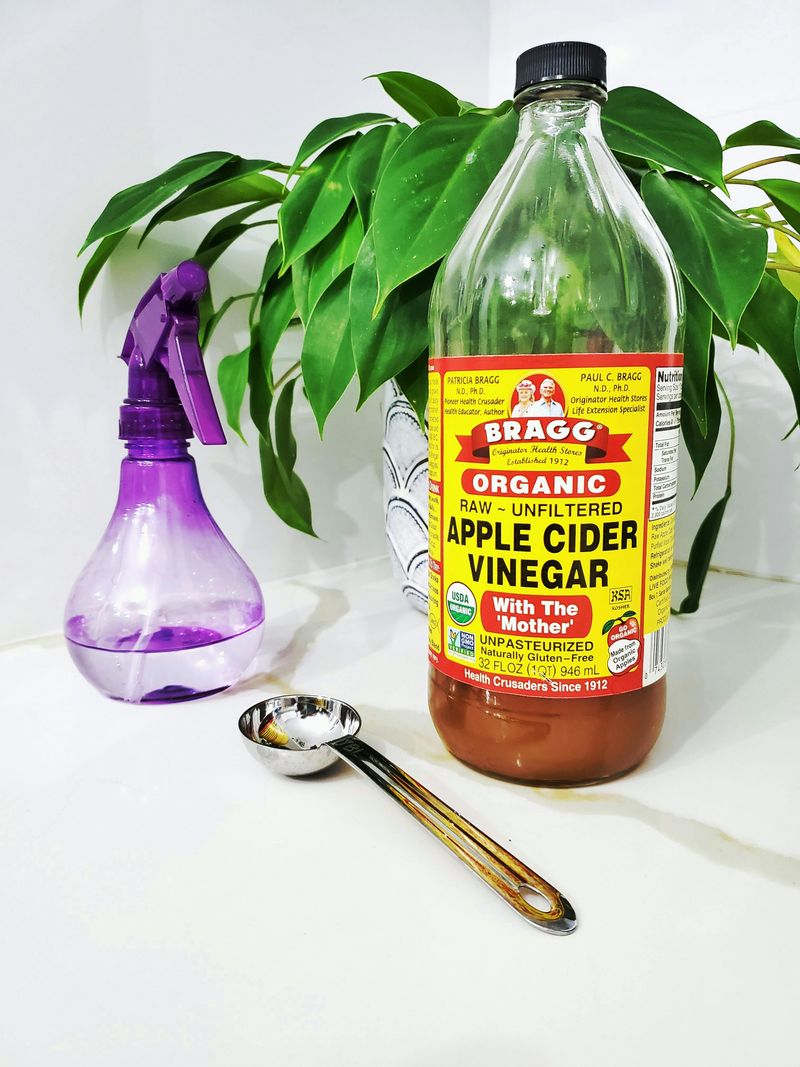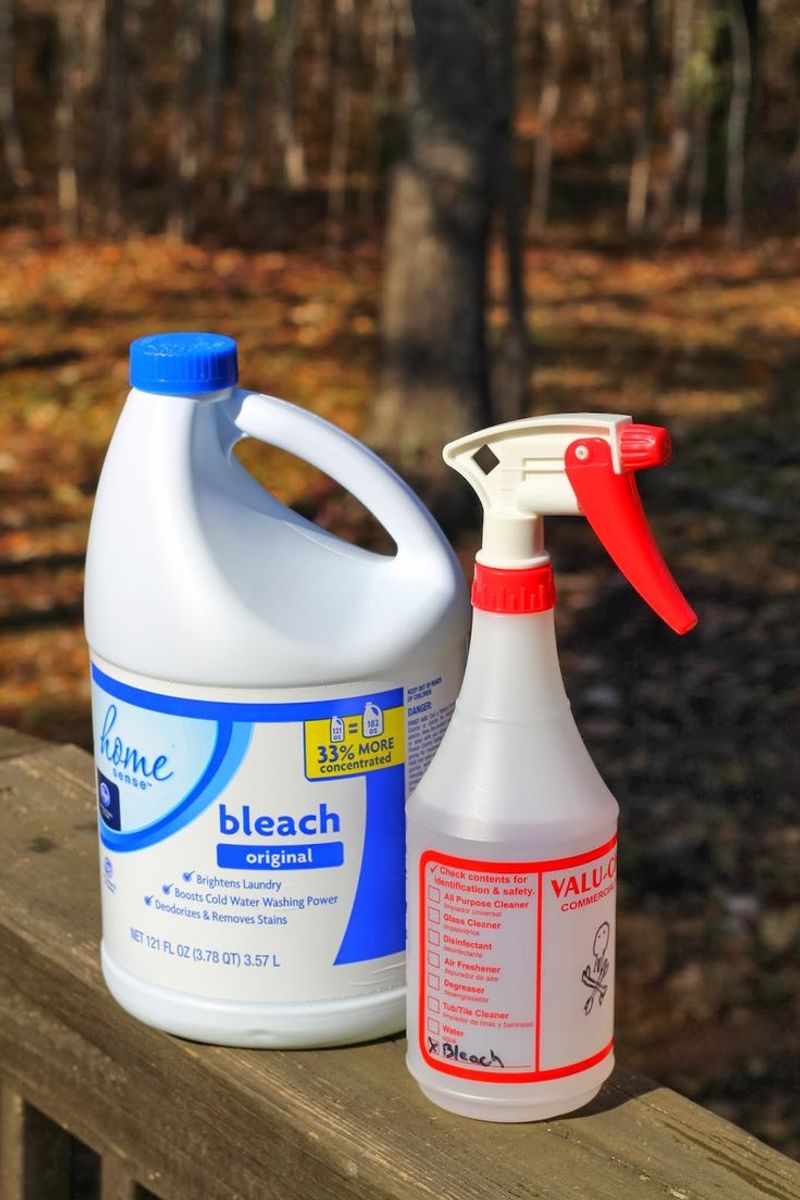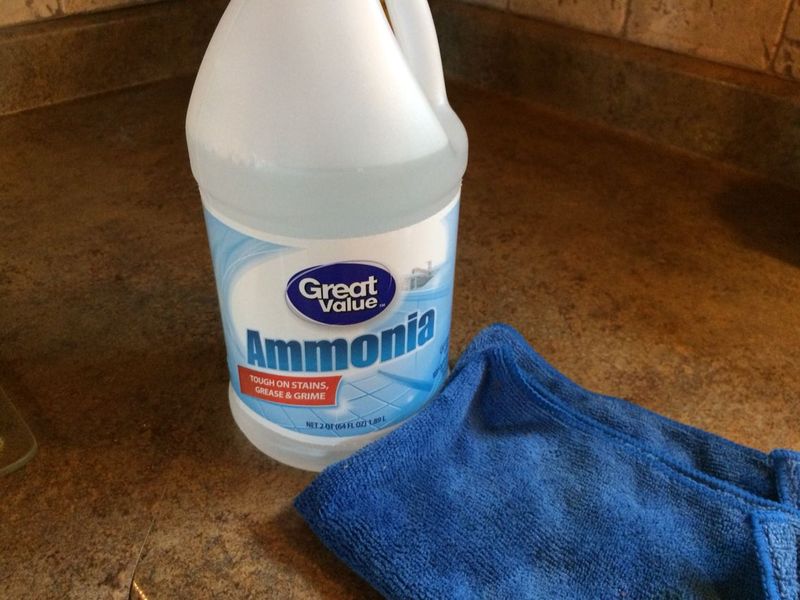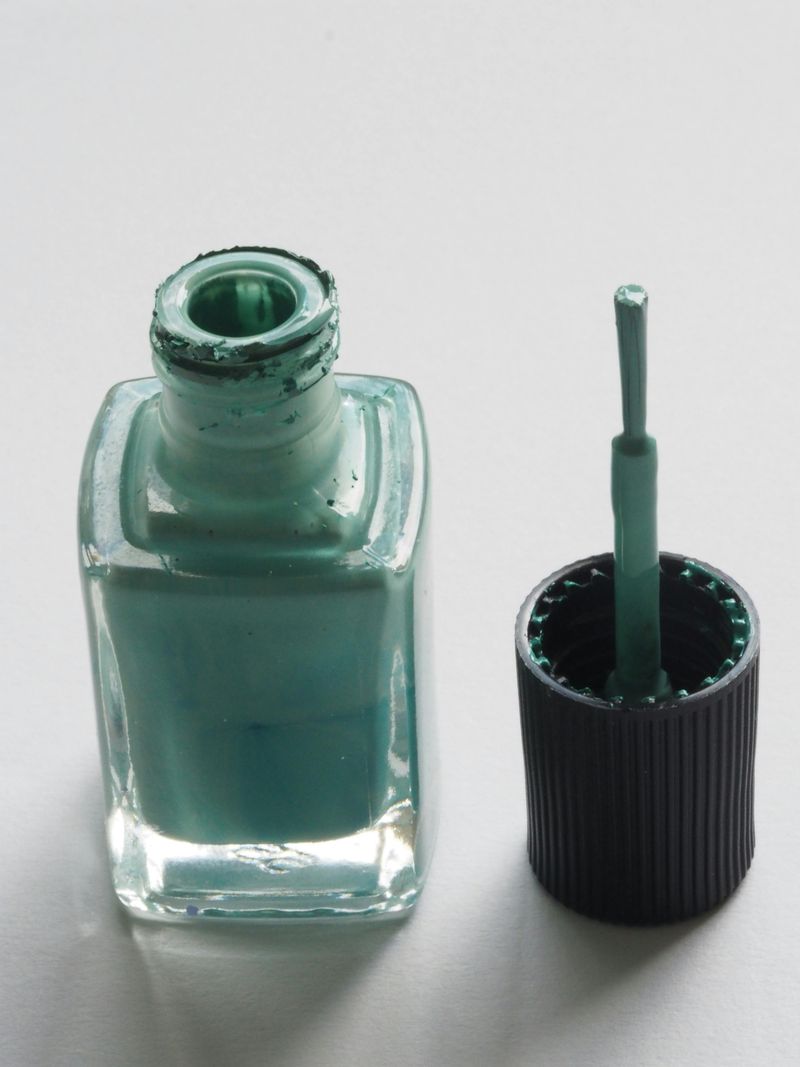Cats are known for being pretty particular about their surroundings, and that includes what they smell. Some scents that seem harmless to us can be quite overwhelming or even upsetting to them. Paying attention to the smells around your home can make a noticeable difference in your cat’s comfort and mood.
It’s not always obvious which odors might bother them, especially since cats’ noses are far more sensitive than ours. From cleaning products to certain foods, some common scents can cause stress or discomfort. Knowing which smells to avoid can help you create a calmer, happier environment for your feline friend.
Citrus Fruits

Cats generally dislike the sharp scent of citrus. Whether it’s lemons, oranges, or grapefruits, the strong, zesty aroma can be overwhelming for your feline. Interestingly, this can be used to your advantage. For instance, you might place citrus peels in areas where you want to deter your cat from scratching or jumping. However, ensure that the smell isn’t too pervasive throughout your home.
While effective as a deterrent, the scent may cause discomfort if it lingers. Always consider your cat’s well-being by providing an odor-free sanctuary where they can relax.
Coffee Grounds

The robust aroma of coffee grounds might be invigorating for humans, but cats find it overpowering. This intense scent can cause discomfort and stress in felines, as their noses are much more sensitive than humans’.
While the smell of fresh coffee is a delight in many households, it can be a source of anxiety for your cat.
Keeping coffee grounds sealed and away from your cat’s favorite spots can help maintain peace. Fun fact: Coffee grounds can be used as a natural pest repellent, adding another reason to keep them out of your cat’s reach.
Peppers

Peppers, particularly the spicy varieties, emit a potent aroma that can be overwhelming for cats. This sharp smell can irritate a cat’s sensitive nasal passages, leading to sneezing or discomfort.
For households that enjoy cooking with peppers, it’s wise to ventilate the kitchen well.
While peppers add flavor to many dishes, keeping them away from your curious feline can prevent unnecessary stress. Did you know that some peppers are used in organic pest control? Their strong scent is a deterrent for many unwanted garden visitors.
Vinegar

Vinegar, while a great natural cleaner, has a potent smell that cats find quite unpleasant. This pungent aroma can be off-putting to humans as well, but it’s particularly bothersome for cats. If you’re using vinegar for cleaning purposes, make sure to air out the area properly.
Cats need a space where the air is clear of such strong odors, so they can feel at ease and not stressed. Using vinegar sparingly and ensuring proper ventilation can help maintain a happy balance in your household.
Bleach

Bleach has a strong, chemical smell that can be unpleasant for cats. This odor can cause a negative reaction, prompting them to avoid areas where bleach has been used.
Using bleach in moderation and ensuring proper ventilation can reduce its impact on your cat.
While bleach is effective for cleaning, its scent is best kept away from areas where your cat frequents. It’s interesting to note that bleach’s smell is often associated with danger by animals, as it resembles some natural deterrents found in the wild.
Pine Cleaners

The fresh scent of pine cleaners might evoke a sense of cleanliness for humans, but for cats, it’s a different story. The strong pine aroma can be overwhelming and even irritating to their sensitive noses.
Cats might avoid areas cleaned with these products, seeking refuge in less aromatic spaces.
Consider using unscented or cat-friendly alternatives, especially in areas your cat loves. Fun fact: Pine oil can be toxic to cats if ingested, highlighting the importance of keeping these cleaners out of their reach.
Essential Oils

Many essential oils, such as lavender, tea tree, and eucalyptus, can be harmful or irritating to cats. These oils’ strong aromas can overwhelm a cat’s sensitive nose and may even lead to health issues if ingested or absorbed through the skin.
It’s crucial to use essential oils cautiously around pets, opting for pet-safe alternatives when freshening up your living space. Creating a safe and scent-neutral zone for your cat will contribute to their overall happiness and comfort.
Mint

While mint is refreshing for humans, it can be distressing for cats. The menthol in mint leaves gives off a strong scent that cats typically dislike.
This aversion can cause them to avoid areas where mint is present, disrupting their usual routines.
If you love mint plants or products, consider keeping them in areas less frequented by your feline friend. Interestingly, while mint is in the same family as catnip, it doesn’t share the same enticing effects for cats.
Cinnamon

The warm, spicy aroma of cinnamon is appealing to many, yet it can be too intense for cats. This strong scent can irritate their nasal passages, leading to discomfort or avoidance of areas where cinnamon is present.
For those who enjoy baking with cinnamon, ensure your kitchen is well-ventilated.
Keeping cinnamon stored in airtight containers can also minimize its impact on your cat. An interesting tidbit: While cinnamon is a popular spice, it’s also used as a natural ant deterrent due to its potent smell.
Ammonia Cleaners

The scent of ammonia is strikingly similar to cat urine, which can lead to confusion and distress for your pet. Cats may even mistakenly believe that another animal has marked their territory, causing unnecessary stress or territorial behaviors.
If ammonia-based cleaners are necessary, ensure the area is well-ventilated and keep your cat away until the scent dissipates. This will help maintain peace and comfort for your feline friend.
Perfume

While humans might enjoy the wide range of scents offered by perfumes, cats often find them too strong. The complex mix of chemicals can overwhelm your cat’s acute sense of smell, causing them discomfort or anxiety.
To ensure your cat remains content, try to apply perfumes in a separate room and allow the fragrance to settle before interacting with your cat. This will help avoid overwhelming their senses and keep them feeling comfortable.
Smoke

Smoke from cigarettes, incense, or even burnt food can be distressing for cats. The lingering smell can stick to fur, causing long-lasting irritation. Moreover, smoke can affect a cat’s respiratory system, leading to health problems over time.
To ensure your cat’s comfort, avoid smoking indoors and keep well-ventilated spaces. This will not only help maintain their happiness but also contribute to a healthier living environment.
Spoiled Food

The foul odor of spoiled food is as unpleasant for cats as it is for humans. Cats may be drawn to the scent initially out of curiosity or hunger, but the smell can quickly become overwhelming.
To avoid this, ensure that trash cans are securely closed and disposed of regularly. Keeping your kitchen clean and odor-free will help maintain a pleasant environment for both you and your feline friend.
Nail Polish

The potent smell of nail polish is another odor that cats find particularly offensive. The volatile chemicals used in these products can be overwhelming.
If you’re painting your nails, try to do so in a well-ventilated area away from your cat. Proper ventilation ensures that the odor doesn’t linger, keeping your home environment comfortable and your cat at ease.
Garlic and Onions

While garlic and onions add flavor to human dishes, their strong smell is often unappealing to cats. These ingredients can also be toxic to cats if ingested.
To ensure your cat remains happy and healthy, keep these foods out of reach and ventilate cooking areas well. This prevents discomfort from lingering odors and reduces the risk of accidental ingestion.

